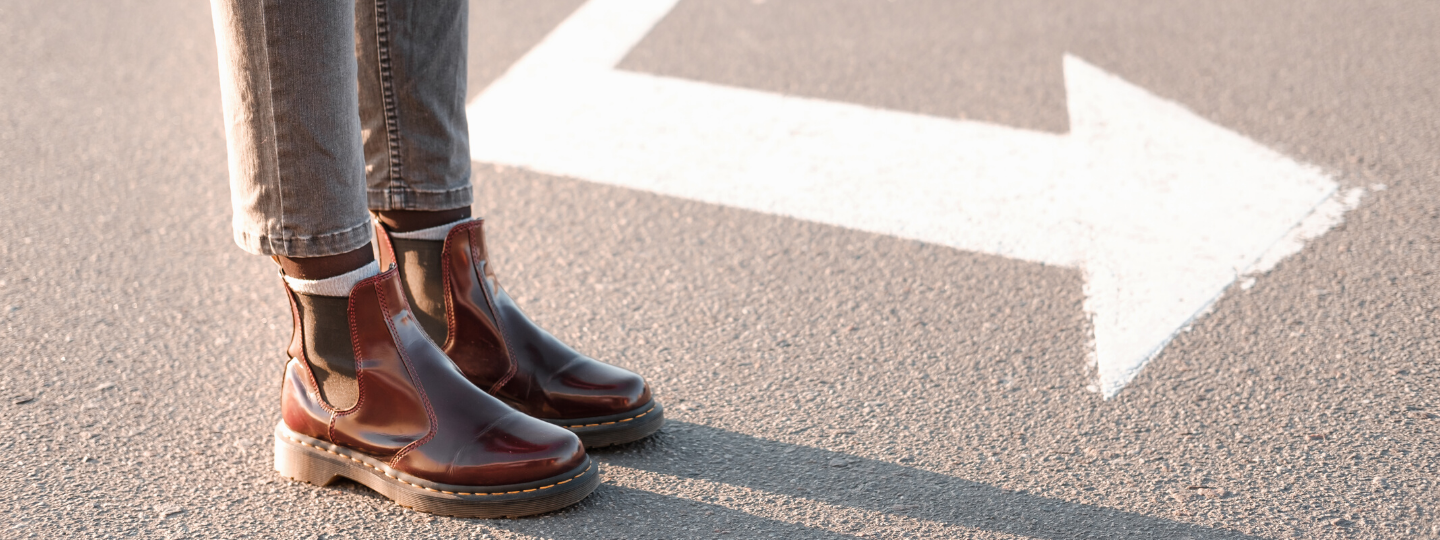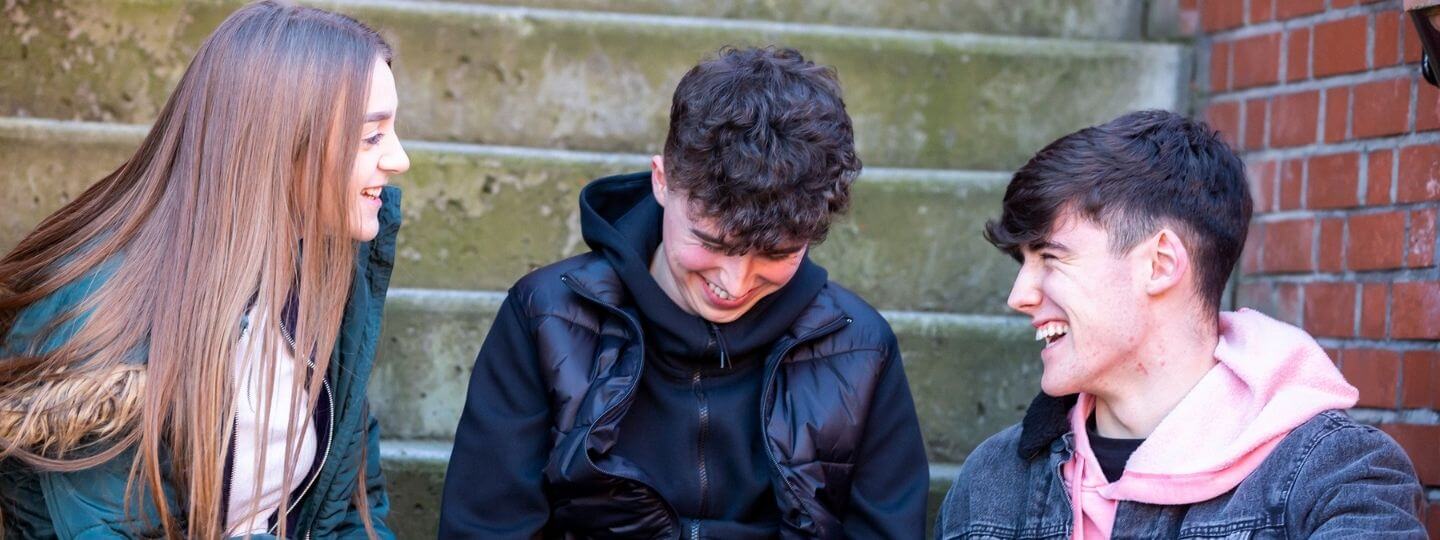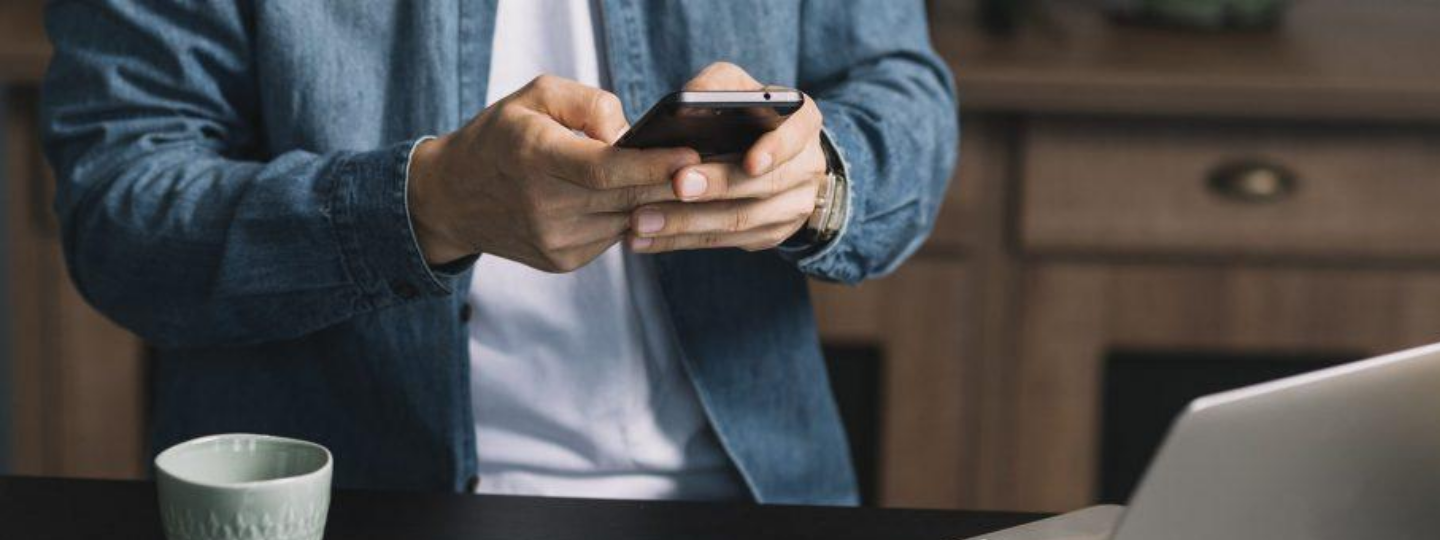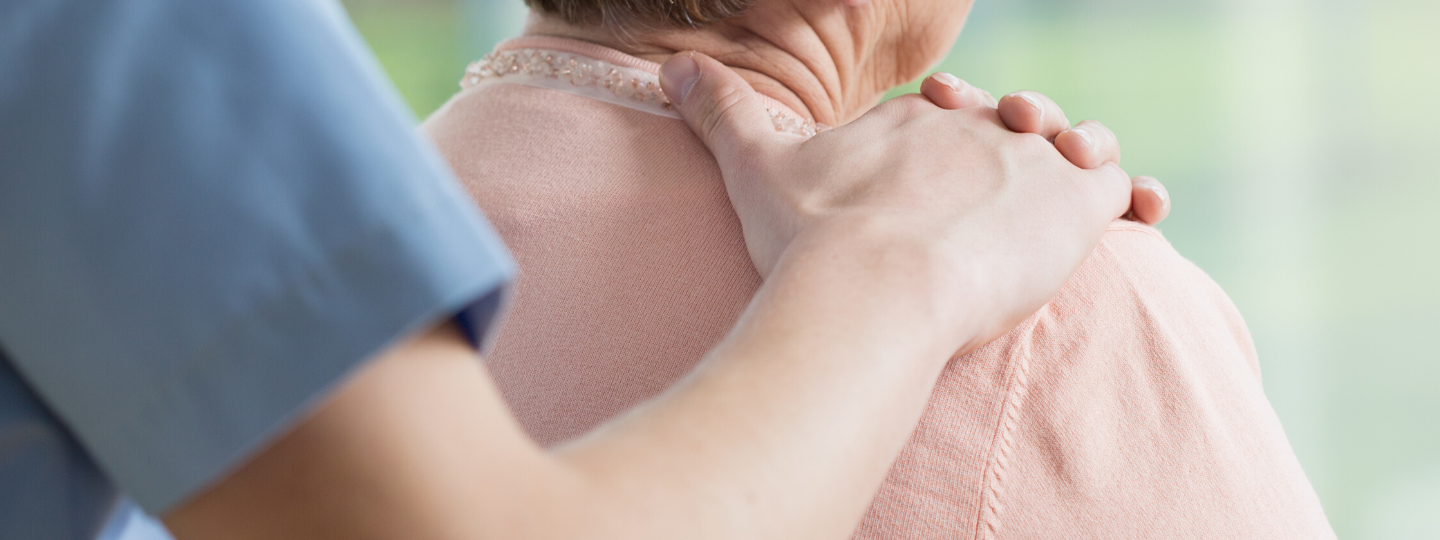Life can feel full of pressure sometimes. Especially while we figure out who we are, what we want, and how we want our lives to be.
Young people who come to Jigsaw often talk to us about the pressure they’re feeling. Some of the things they feel pressure from include:
- Fitting in – Having to change who they are to be included in a group.
- Supporting friends – Feeling they have to respond to friends’ difficulties, even when it interferes with their own wellbeing.
- Conforming – Falling in with an education system that feels unfair and out of line with everything else in their life.
- Performing well in exams – Comparing results and achievements.
- Competing and doing well in sports or other hobbies – This can be to the point where they no longer enjoy it.
- Future plans – Feeling they should know what career path to choose.
- Fulfilling the expectations of others – Living up to the expectations of parents. Or matching the achievements of siblings.




